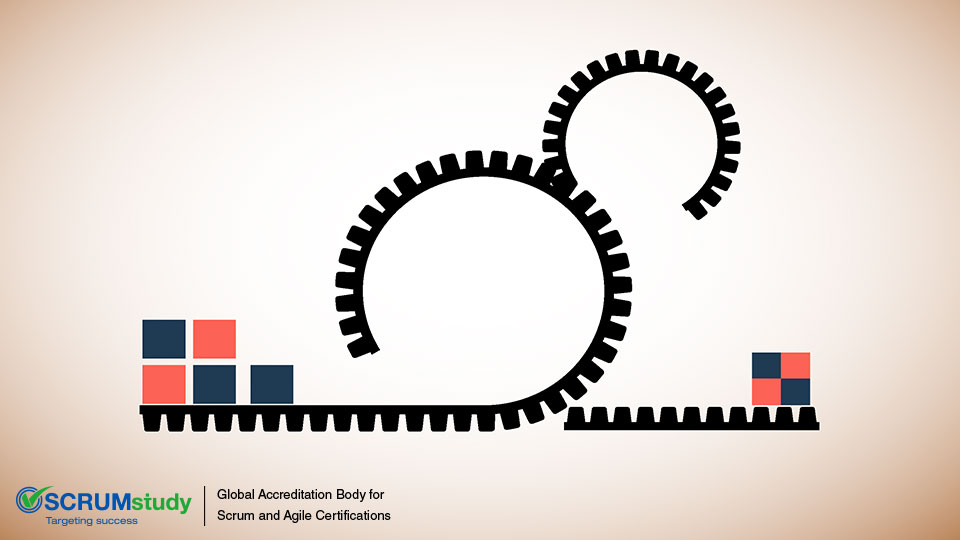Scrum Certified Coach
Posted by SCRUMstudy® on June 10, 2024
Categories: Certification
A Scrum Certified Coach (SCC) is a highly skilled professional who guides organizations and teams in implementing and optimizing Scrum practices. With extensive experience and deep knowledge of Agile methodologies, an SCC provides personalized coaching to foster collaboration, improve productivity, and ensure successful project delivery. They play a critical role in helping teams navigate the complexities of Scrum, tailoring strategies to fit the unique needs of each organization and driving continuous improvement in Agile processes.
Achieving Success with Scrum Master Certification
In the dynamic world of project management, the role of a Scrum Master is pivotal in guiding teams to adopt and implement agile practices effectively. Achieving Scrum Master certification not only validates your expertise in the Scrum framework but also opens doors to numerous career opportunities. This article provides a comprehensive guide to achieving success in your Scrum Master certification journey.
The Importance of Scrum Master Certification
Scrum Master certification offers several key benefits:
- Enhanced Professional Credibility: Certification demonstrates your knowledge and commitment to Scrum practices, making you a valuable asset to employers.
- Career Advancement: Certified Scrum Masters are in high demand across various industries, leading to better job prospects and higher salaries.
- Improved Team Performance: As a certified Scrum Master, you are equipped to lead teams more effectively, fostering a collaborative and productive work environment.
Choosing the Right Scrum Master Certification
There are several respected organizations that offer Scrum Master certifications. The most popular one is ScrumStudy:
- Scrum Master Certified (SMC)
hen choosing a certification, consider your career goals, current experience, and the specific requirements of your industry.
Steps to Achieving Scrum Master Certification
-
Understand the Scrum Framework:
- Begin with the Scrum Guide, written by Ken Schwaber and Jeff Sutherland. This document is the cornerstone of Scrum knowledge, outlining roles, events, and artifacts.
-
Enroll in a Training Course:
- Select a course from an accredited training provider. Courses are available both online and in-person, typically lasting two to three days.
- Training sessions cover fundamental concepts and prepare you for the certification exam through interactive learning.
-
Study the Course Material:
- Make use of the provided study materials, which may include manuals, video lectures, and practice exams.
- Engage with supplementary resources like books, articles, and online forums to deepen your understanding.
-
Practical Application:
- Apply Scrum principles in your current role or through practical simulations. Real-world experience is invaluable for understanding the nuances of Scrum.
-
Practice with Sample Exams:
- Take advantage of practice exams to familiarize yourself with the format and types of questions.
- Identify and focus on areas where you need additional study.
-
Register for the Exam:
- When ready, register for the exam with your chosen certification body. Ensure you meet any prerequisites, such as completing a training course.
-
Take the Exam:
- Prepare a calm, distraction-free environment if taking the exam online. Read each question carefully and manage your time effectively.
Tips for Certification Success
- Consistent Study Routine: Set a regular study schedule and stick to it.
- Focus on Weak Areas: Use practice exams to identify and improve on weaker areas.
- Engage with the Community: Join study groups and online forums to discuss concepts and share insights.
- Utilize Multiple Resources: Combine different study materials for a comprehensive understanding.
After Certification
Achieving Scrum Master certification is a significant milestone, but the journey doesn't end there:
- Apply Scrum Practices: Implement your knowledge in real-world projects to gain practical experience.
- Pursue Continuous Learning: Agile methodologies are constantly evolving. Attend advanced courses, webinars, and industry events to stay current.
- Network with Professionals: Join Scrum and Agile communities to share experiences, gain insights, and stay updated on industry trends.
Conclusion
Earning a Scrum Master certification is a valuable achievement that can significantly enhance your career in project management. By thoroughly understanding the Scrum framework, engaging in comprehensive training, and applying practical knowledge, you can achieve certification success. This accomplishment not only validates your expertise but also equips you to lead teams effectively and drive successful project outcomes. Embrace the continuous learning journey and agile mindset to stay competitive and excel in your professional endeavors.

